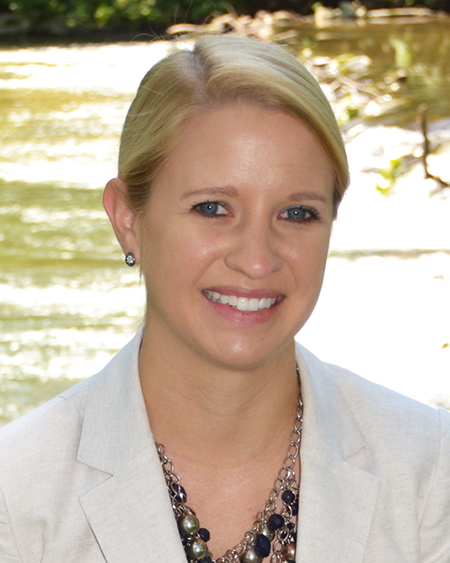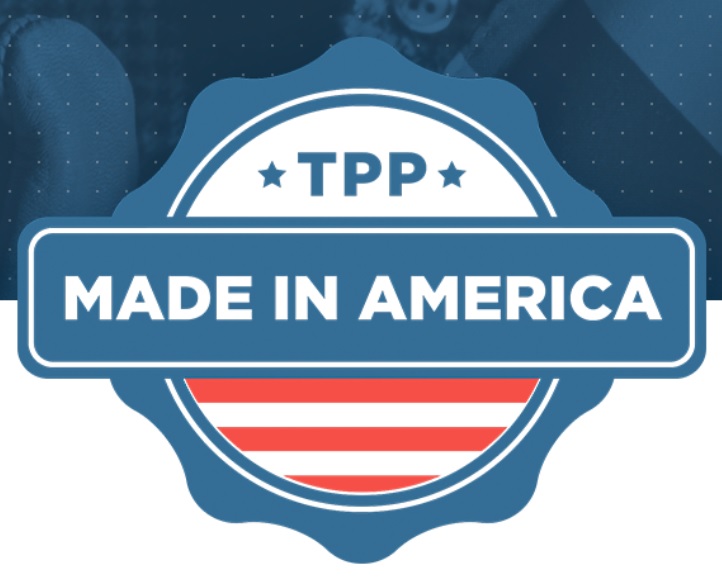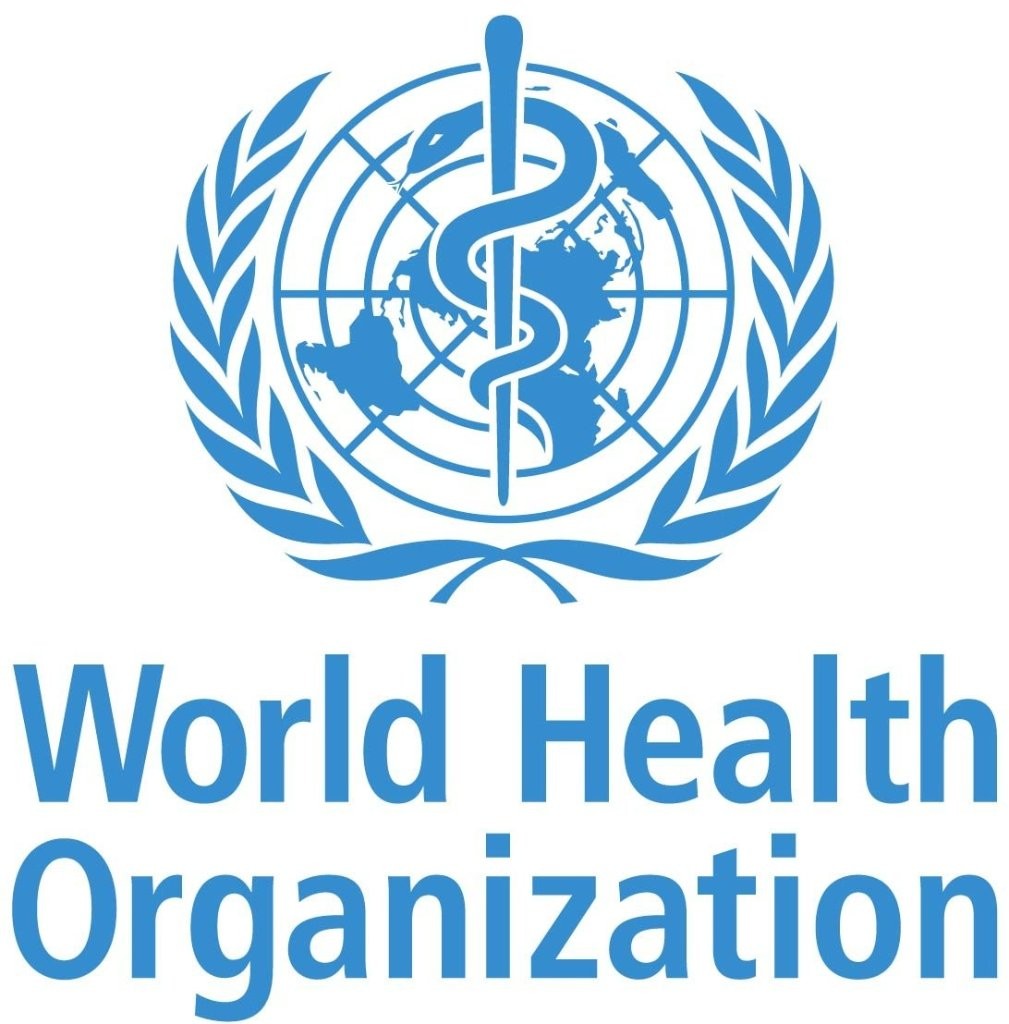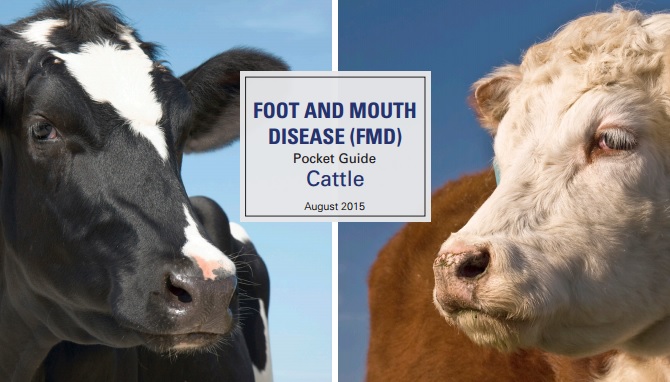 WASHINGTON, D.C. – The National Milk Producers Federation, U.S. Dairy Export Council and the International Dairy Foods Association asked members of Congress in a letter today to support the Trans-Pacific Partnership (TPP) agreement while also addressing a number of critical implementation and enforcement issues that are key determinants in how the agreement is likely to work in practice. As part of this, the dairy associations urged the federal government to ensure that the other participating countries adhere to their respective commitments within the pact.
WASHINGTON, D.C. – The National Milk Producers Federation, U.S. Dairy Export Council and the International Dairy Foods Association asked members of Congress in a letter today to support the Trans-Pacific Partnership (TPP) agreement while also addressing a number of critical implementation and enforcement issues that are key determinants in how the agreement is likely to work in practice. As part of this, the dairy associations urged the federal government to ensure that the other participating countries adhere to their respective commitments within the pact.
The TPP is an historic pact between 12 countries containing features that will help America’s dairy farmers and processors in the future. After months of analysis and deliberation, all three organizations have endorsed the pact, saying the agreement presents, on balance, a step forward for U.S. dairy farmers and companies that process and market their milk.
In the letter, the three dairy groups outlined the benefits the agreement could bring to the industry, such as improving the rules of the road governing trade throughout the TPP region. For instance the letter addresses TPP’s ground-breaking commitments on sanitary and phytosanitary (SPS) issues, as well as geographical indications (GIs) and common food names.
“The geographical indications provisions in TPP, for the first time, establish a more equitable process for considering GIs and emphasize the importance of safeguarding usage of common food names,” the letter said. “This is a key priority for our industry as we face the European Union’s global efforts to wield GIs as nontariff barriers to trade in order to limit competition and market access from U.S. suppliers.”
However, the three organizations also noted several issues that need to be addressed during the TPP’s implementation process, which are vital to ensure that the agreement lives up to its potential to create improved international opportunities. The letter asks Congress to insist that both Canada and Japan be held to their own commitments – both existing ones and new ones under the agreement. It also highlighted the importance of the United States carefully ensuring active enforcement of its own market access provisions.
“TPP can help support the continued growth of a robust U.S. dairy industry, provided not only that the commitments captured in the text of the agreement are fully implemented, but also that countries are not allowed to backtrack on existing market access agreements to offset what has been granted via TPP,” the letter continued.
“The fine print in implementing TPP really matters. We are endorsing the outlines of the agreement, but will continue to insist that the terms agreed to need to be followed by the other countries in this agreement. The U.S. needs to be continually vigilant with the TPP signatories and really hold their feet to the fire both now and down the road,” said Jim Mulhern, president and CEO of NMPF.
“The SPS and GI commitments in particular should help keep in check the ability of countries to erode existing and future market access for U.S. dairy exporters through arbitrary, unjustified and oftentimes sudden regulatory determinations,” said Tom Suber, president of USDEC. “But for them to live up to their potential we need to ensure our trading partners realize we’re serious about their compliance with these pieces.”
“The successful negotiation and implementation of ambitious trade agreements like TPP are vital to the future growth of America’s dairy industry,” said Connie Tipton, IDFA president and CEO. “For those benefits to be realized, however, it’s imperative that our trading partners be held accountable and live up to their current and future commitments.”
# # #
About IDFA
The International Dairy Foods Association (IDFA), Washington, D.C., represents the nation’s dairy manufacturing and marketing industries and their suppliers, with a membership of 550 companies within a $125-billion a year industry. IDFA is composed of three constituent organizations: the Milk Industry Foundation (MIF), the National Cheese Institute (NCI) and the International Ice Cream Association (IICA). IDFA’s nearly 200 dairy processing members run nearly 600 plant operations, and range from large multi-national organizations to single-plant companies. Together they represent more than 85 percent of the milk, cultured products, cheese, ice cream and frozen desserts produced and marketed in the United States. IDFA can be found online at www.idfa.org.
About USDEC
The U.S. Dairy Export Council (USDEC) is a non-profit, independent membership organization that represents the global trade interests of U.S. dairy producers, proprietary processors and cooperatives, ingredient suppliers and export traders. Its mission is to enhance U.S. global competitiveness and assist the U.S. industry to increase its global dairy ingredient sales and exports of U.S. dairy products. USDEC accomplishes this through programs in market development that build global demand for U.S. dairy products, resolve market access barriers and advance industry trade policy goals. USDEC is supported by staff across the United States and overseas in Mexico, South America, Asia, Middle East and Europe.
About NMPF
The National Milk Producers Federation, based in Arlington, VA, develops and carries out policies that advance the wellbeing of dairy producers and the cooperatives they own. The members of NMPF’s cooperatives produce the majority of the U.S. milk supply, making NMPF the voice of dairy producers on Capitol Hill and with government agencies. Visit www.nmpf.org for more information.
 NMPF announced several staff changes this past month, including the promotion of Emily Meredith, formerly vice president of animal care, to chief of staff. Two new hires will also join the FARM Program team next week. These changes will strengthen NMPF’s organizational efficiency and strategic agenda going forward.
NMPF announced several staff changes this past month, including the promotion of Emily Meredith, formerly vice president of animal care, to chief of staff. Two new hires will also join the FARM Program team next week. These changes will strengthen NMPF’s organizational efficiency and strategic agenda going forward.


 NMPF thanked a bipartisan group of 26 senators last month for urging U.S. negotiators to address the needs of agriculture – including key dairy concerns – in the pending Transatlantic Trade and Investment Partnership (T-TIP) free trade agreement with the European Union, which finished a round of negotiations in New York City at the end of the April.
NMPF thanked a bipartisan group of 26 senators last month for urging U.S. negotiators to address the needs of agriculture – including key dairy concerns – in the pending Transatlantic Trade and Investment Partnership (T-TIP) free trade agreement with the European Union, which finished a round of negotiations in New York City at the end of the April. Following a March decision of the Federation’s Board of Directors to endorse the Trans-Pacific Partnership (TPP) agreement, NMPF urged Congress to approve the trade pact, but noted several sensitive dairy issues that need further attention. In their letter to Congress last month, NMPF, joined by the U.S. Dairy Export Council (USDEC) and the International Dairy Foods Association (IDFA), asked House members to pass the TPP in 2016, but also pointed to critical implementation and enforcement issues that needed to be addressed before the agreement reaches the voting floor. Resolution of these outstanding issues, the letter argued, are vital to ensure that the agreement lives up to its intent to create improved international opportunities for US dairy producers.
Following a March decision of the Federation’s Board of Directors to endorse the Trans-Pacific Partnership (TPP) agreement, NMPF urged Congress to approve the trade pact, but noted several sensitive dairy issues that need further attention. In their letter to Congress last month, NMPF, joined by the U.S. Dairy Export Council (USDEC) and the International Dairy Foods Association (IDFA), asked House members to pass the TPP in 2016, but also pointed to critical implementation and enforcement issues that needed to be addressed before the agreement reaches the voting floor. Resolution of these outstanding issues, the letter argued, are vital to ensure that the agreement lives up to its intent to create improved international opportunities for US dairy producers. As chief of staff, Meredith will take on new responsibilities for strategic planning, organizational oversight and management of staff activities. Meredith will manage the Office of the CEO, working for president and CEO Jim Mulhern and in tandem with NMPF’s senior leadership.
As chief of staff, Meredith will take on new responsibilities for strategic planning, organizational oversight and management of staff activities. Meredith will manage the Office of the CEO, working for president and CEO Jim Mulhern and in tandem with NMPF’s senior leadership. For the past four years, Emily Yeiser Stepp (above left) served as the dairy initiatives manager for the Center for Dairy Excellence in Harrisburg, Penn. Most recently, she served as the dairy and beef extension coordinator at the University of Maryland.
For the past four years, Emily Yeiser Stepp (above left) served as the dairy initiatives manager for the Center for Dairy Excellence in Harrisburg, Penn. Most recently, she served as the dairy and beef extension coordinator at the University of Maryland. While in school, Hampton (below left) worked as the communications intern for the Animal Agriculture Alliance. For the past year, Hampton has provided industry technical assistance for U.S. Poultry & Egg Association.
While in school, Hampton (below left) worked as the communications intern for the Animal Agriculture Alliance. For the past year, Hampton has provided industry technical assistance for U.S. Poultry & Egg Association. WASHINGTON, D.C. – Key members of the U.S. House of Representatives issued a strong statement today affirming the need for the Obama Administration to take concrete steps to address implementation and enforcement issues related to dairy provisions of the Trans-Pacific Partnership (TPP) trade agreement.
WASHINGTON, D.C. – Key members of the U.S. House of Representatives issued a strong statement today affirming the need for the Obama Administration to take concrete steps to address implementation and enforcement issues related to dairy provisions of the Trans-Pacific Partnership (TPP) trade agreement. WASHINGTON, D.C. – The National Milk Producers Federation and the International Dairy Foods Association urged members of Congress this week to insist that the United States request a more thorough analysis of a World Health Organization (WHO) proposal seeking to discourage parents from feeding toddlers milk and certain dairy products.
WASHINGTON, D.C. – The National Milk Producers Federation and the International Dairy Foods Association urged members of Congress this week to insist that the United States request a more thorough analysis of a World Health Organization (WHO) proposal seeking to discourage parents from feeding toddlers milk and certain dairy products. ARLINGTON, VA – Several important improvements in the new safety net program for dairy farmers
ARLINGTON, VA – Several important improvements in the new safety net program for dairy farmers  WASHINGTON, D.C. – The National Milk Producers Federation, U.S. Dairy Export Council and the International Dairy Foods Association asked members of Congress in a letter today to support the Trans-Pacific Partnership (TPP) agreement while also addressing a number of critical implementation and enforcement issues that are key determinants in how the agreement is likely to work in practice. As part of this, the dairy associations urged the federal government to ensure that the other participating countries adhere to their respective commitments within the pact.
WASHINGTON, D.C. – The National Milk Producers Federation, U.S. Dairy Export Council and the International Dairy Foods Association asked members of Congress in a letter today to support the Trans-Pacific Partnership (TPP) agreement while also addressing a number of critical implementation and enforcement issues that are key determinants in how the agreement is likely to work in practice. As part of this, the dairy associations urged the federal government to ensure that the other participating countries adhere to their respective commitments within the pact. At the beginning of the year, the World Health Organization (WHO) issued a draft guidance document urging the prohibition of the promotion and marketing of milk products to children up to age 3. NMPF has engaged in extensive efforts to counter the premise of the document, which runs contrary to ample scientific evidence of the benefits of dairy foods in young children’s diets. The proposal was modified in late March, in some areas addressing points NMPF had sought changes to, but the revisions are not enough to address NMPF’s concerns with this proposal.
At the beginning of the year, the World Health Organization (WHO) issued a draft guidance document urging the prohibition of the promotion and marketing of milk products to children up to age 3. NMPF has engaged in extensive efforts to counter the premise of the document, which runs contrary to ample scientific evidence of the benefits of dairy foods in young children’s diets. The proposal was modified in late March, in some areas addressing points NMPF had sought changes to, but the revisions are not enough to address NMPF’s concerns with this proposal. New biosecurity resources to help farmers prevent the spread of animal diseases are now available, thanks to ongoing efforts by NMPF to marshal additional tools for farmers.
New biosecurity resources to help farmers prevent the spread of animal diseases are now available, thanks to ongoing efforts by NMPF to marshal additional tools for farmers.



